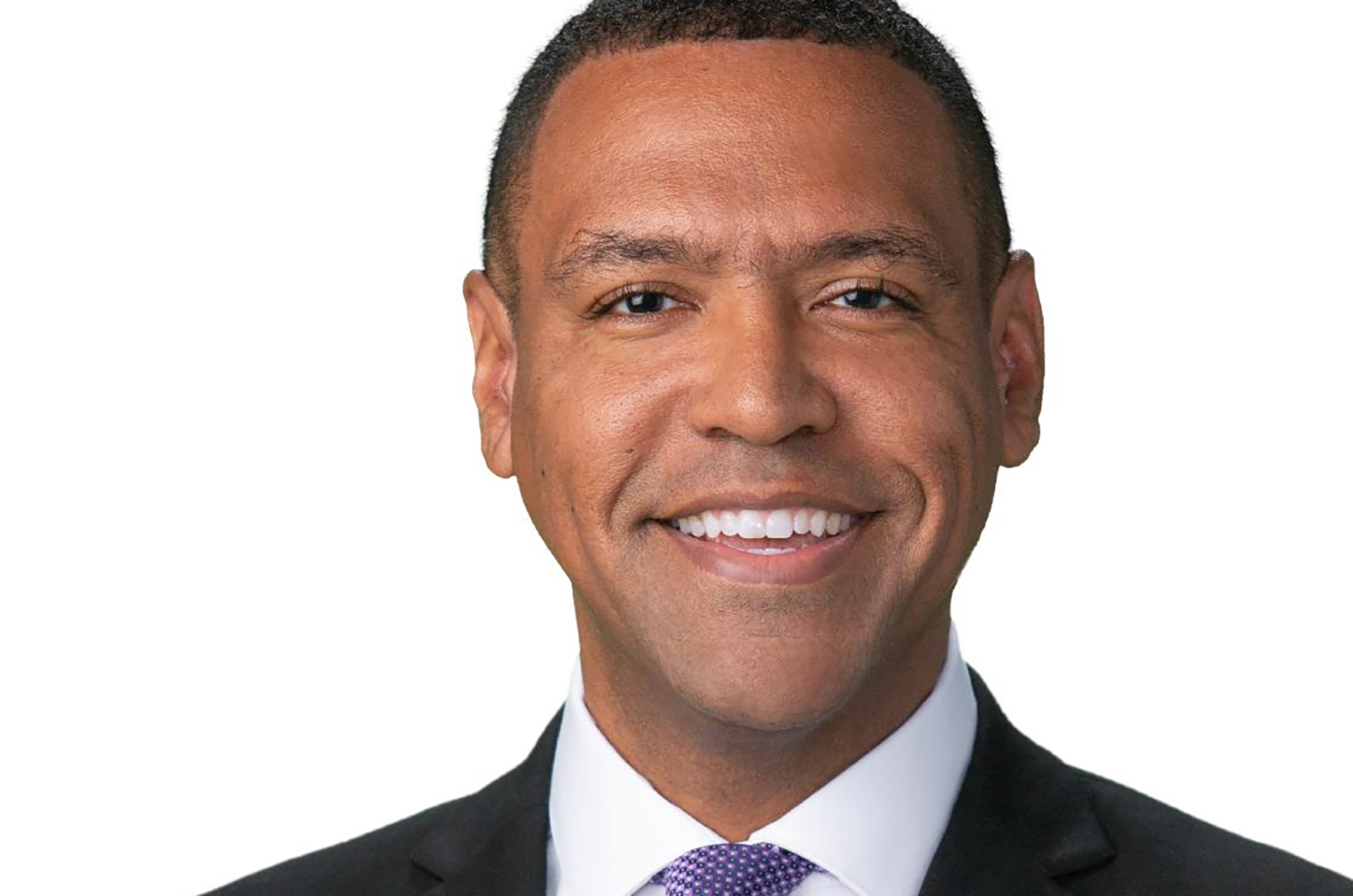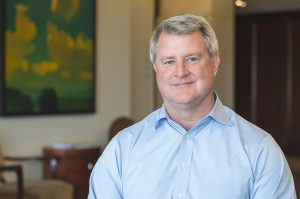Editor’s note: The following is the first in a two-part series looking at an initiative at one of the city’s largest law firms to provide pro bono legal representation to minority businesses. This piece, sponsored by Husch Blackwell, provides first-person narrative on how the initiative started. The opinions expressed in this commentary are the author’s alone. Quinncy McNeal is pro bono counsel at Husch Blackwell.
Even before the racial tensions of 2020 turned from simmer to boil — with protestors spilling nightly onto the Country Club Plaza — in areas east of Troost Avenue, and in other parts of the city, the top brass at one of Kansas City’s largest law firms were thinking of greater ways to improve the conditions of the minority community.
In fact, the entire firm of more than 700 lawyers was in a full and dynamic discussion by the time of the protests about how it could use its resources to give back to minorities — not only in Kansas City — but everywhere the firm has offices. All 21 offices. Long proud of its ability to mix creativity with innovation to bring solutions for clients, Husch Blackwell sought to do the same for its communities.
Here in Kansas City, the managing partner, Jeff Simon — long a staunch advocate of racial justice — was a leader in the talks. He implored legal industry colleagues and well-connected philanthropists and business leaders to do more to understand minority voices. He pulled out one of his most effective and reliable weapons to make the point: his pen, authoring a piece widely circulated in town, declaring that “Mankind is Our Business.”
It encouraged all — especially his white counterparts — to open hearts, minds and ears “to the people and the voices on the street.” Fortunately, he penned, “the business community is beginning to get it.” He listed a number of city business organizations, including non-profits and other groups, that are leading a transformative agenda aimed at lifting minorities into genuine economic opportunity. Simon was not the only one at Husch Blackwell to issue the clarion call. Many others did the same.
Ultimately, Simon’s nod to the business community as a catalyst for change showed the firm’s hand on what it was cooking up. By August, the firm was putting in place its vision: it would create a multi-faceted initiative, at some cost, to support minorities. The crown-jewel of the program, which the firm calls, “Communities for Change,” is an effort to provide free legal support to eligible minority businesses.
In November, after a nationwide search, the firm hired me away from another large law firm to lead the initiative. I am so thrilled to steward this important vision and to begin laying the groundwork for this endeavor. And as we are putting the structural pieces in place to support the program — including an online client intake form intentionally created with simplicity in mind to increase client satisfaction — lawyers here are mindful of why we are doing it.
Our goal is to lift to these businesses and to support them in seeking creative solutions to difficult problems. Our aim is to foster economic success for these ventures, making a difference that compounds over time for everyone connected to the business.
This is important to us because we live and work in these communities. We appreciate that minority businesses give their owners and employees the resources to excel and to address historic racial and economic disparities. We think it is vital that we follow suit by giving back with our own principal resource: our legal expertise. We hope to empower not only the entities and their owners but also the individuals they employ.
The firm already has clients enlisted under the initiative and plans to add scores more as the program gains traction in all of its markets. While we cannot guarantee that we will be able to represent a particular entity or provide certain legal services to an entity, we hope to meet emerging entrepreneurs, determine if there is a match between our expertise and their needs and see if we can create a “ripple effect” in helping a business that ultimately hires, promotes and helps the lives of its employees.
Quinncy McNeal is a pro bono attorney in Husch Blackwell’s Houston office.





































